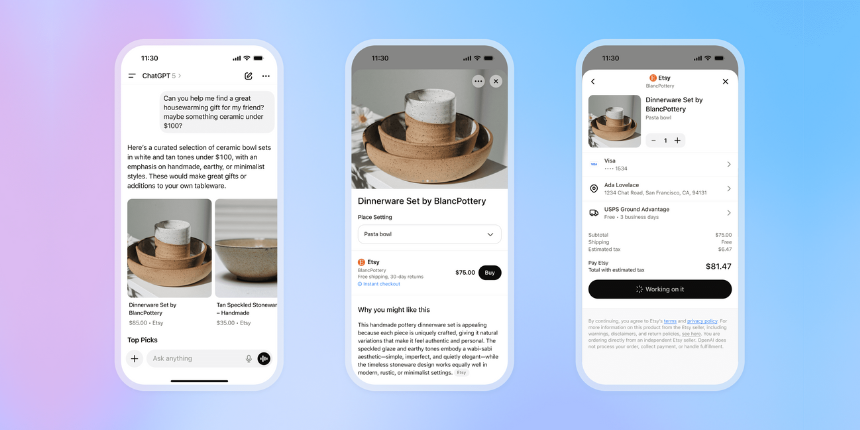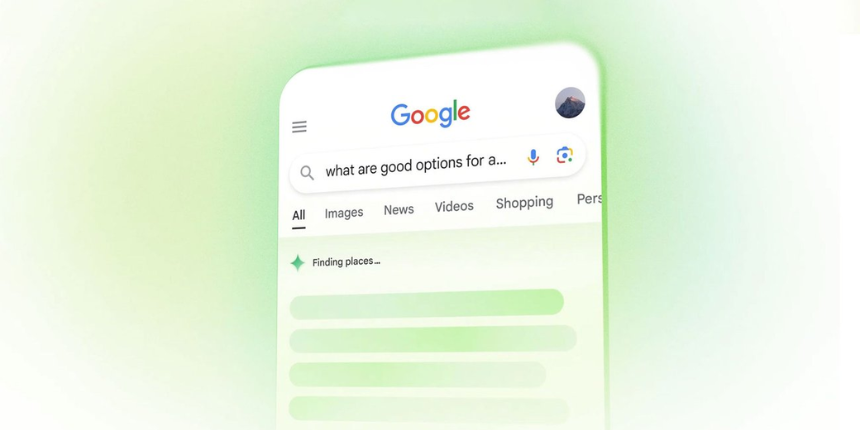
The news came out this week that Twitter pages will be indexed on Google in an attempt to reach out to the audience that currently are not signed up to Twitter or to those that are ‘logged out’. Rumour has it, users that are not logged in to Twitter whilst being referred from a Google search query will hit a landing page for signing with advertising options. This description doesn’t sound like your best user experience but it will do great things for Twitter’s advertising and impression based advertising revenues.
So far Twitter has been suffering from their own walled garden approach to growth. It’s great news for advertisers that want to grow their reach, especially to an audience that probably won’t have a Twitter account, or would have never felt the need to have one.
As real time search actually moves into proper time sensitive advertising and personalised based content becomes a reality, advertisers must see this as a great opportunity to take the practical steps to use search and social together. For some agencies, it’s a time to shine, those that do get analytics, social, paid and organic search, content and planning all in the one breadth are eagerly anticipating the opportunity utilise the opportunity.
Stay Forward
Get exclusive insights into digital
media's top-trending topics delivered
directly to your inbox.
It’s also a great opportunity for Google to get into real time search (which it isn’t their forte) as it allows Google to access tweets directly rather than the current process of scraping content after the content has already been sign posted on Twitter. There comes a point where Google can’t ignore the thousands of search queries every day that use Twitter handles and hash tags (very much Twitter parlance) as valid search queries on their search engine. It’s not as if Google Keyword planner will ever show you the ‘exact match’ queries that start with a handle or a hash tag, it would demonstrate the demand for a service (or a search query) that up to now, they have not been able to adequately provide a proper answer to.
For brands, it’s another point where they must address the economics of reputation. Real time results on Google need real time responses on Twitter (which will quickly be picked on Google), this will involve a more inclusive form of response using digital PR on organic, paid and social content to make the message hit home.
For users (those that get advertised to); I wouldn’t say the search / social landscape has got any more complex as a result of this financial arrangement between the two media giants, its’ probably made a bit more sense to the user. Searches need to be put into context; what we meant at that point in time, this deal gives the user more choices of real time results, which can’t be a bad thing.
Contributing Experts
Stay Forward
Get exclusive insights into digital
media's top-trending topics delivered
directly to your inbox.




